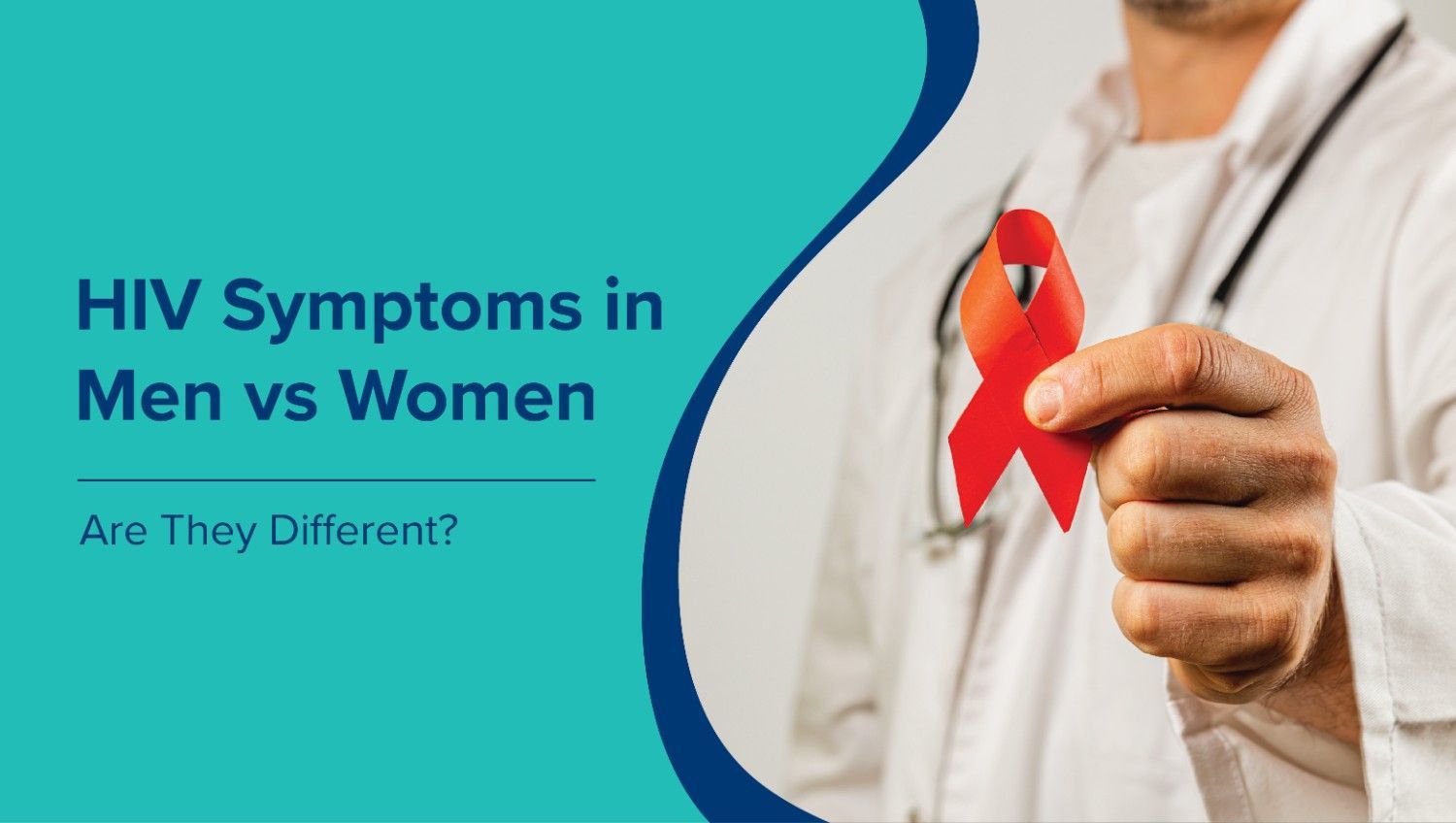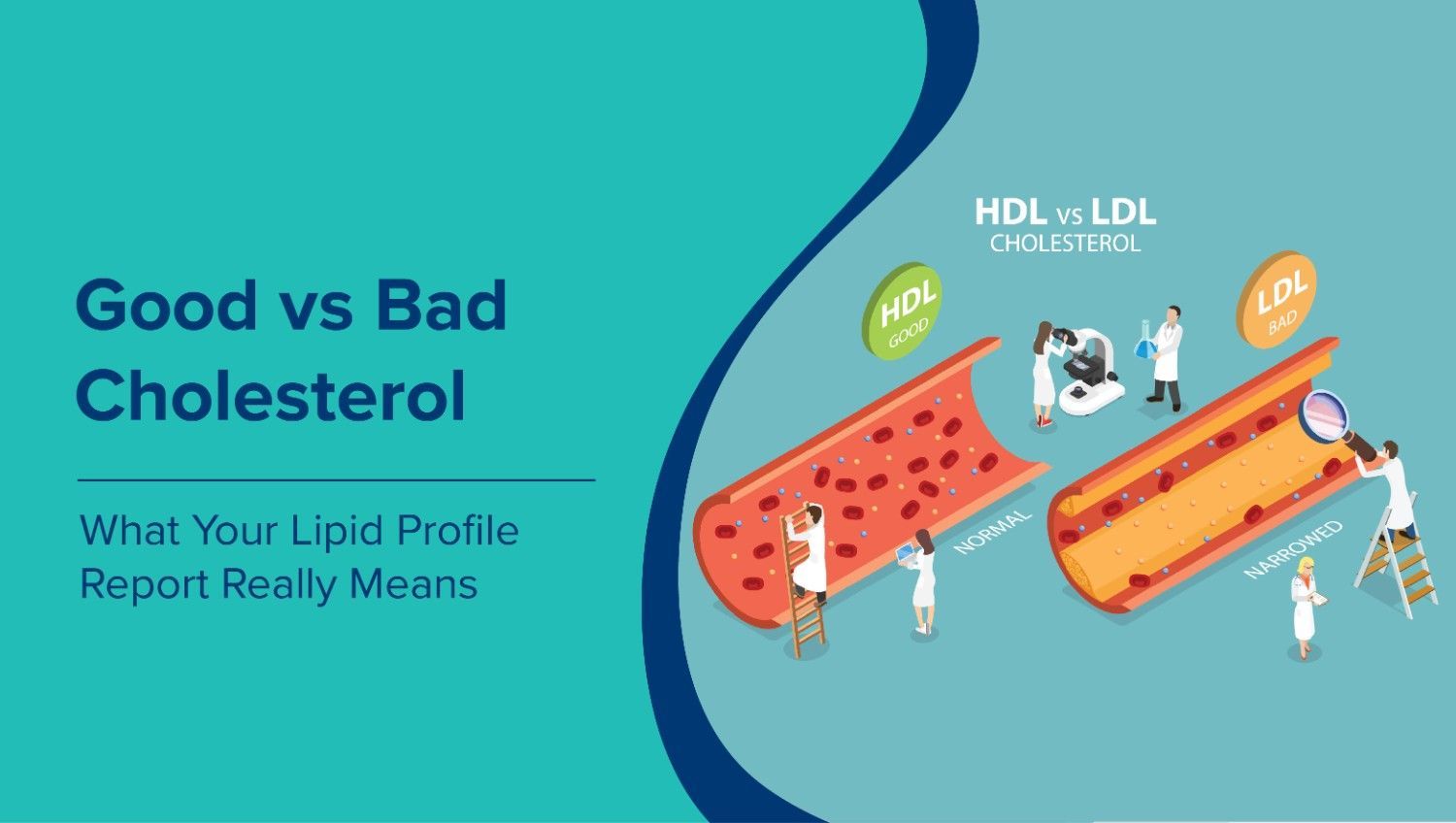Dengue fever is a mosquito-borne viral infection that poses a significant health risk, particularly during and after the monsoon season. It is caused by the dengue virus, transmitted through the bite of an infected Aedes aegypti mosquito. While many cases are mild, dengue can lead to serious complications if not identified and managed early. In this blog we have discussed everything you need to know about dengue fever, including symptoms, causes, types, diagnostic tests, treatment options, and preventive measures.
What is Dengue Fever?
Dengue fever is a viral illness caused by the dengue virus, which is primarily spread through the bite of an infected Aedes mosquito, most often Aedes aegypti. It belongs to the broader group of mosquito-borne diseases that tend to peak during humid, rainy months when mosquito breeding conditions are ideal. There are four closely related strains of the dengue virus (DENV-1 to DENV-4), and a person can be infected with any one or more of these in their lifetime. While the initial infection may be mild, repeat infections with different strains increase the risk of developing severe forms of the disease.
Dengue fever typically begins suddenly with high fever and flu-like symptoms. In most cases, it resolves on its own with rest and hydration, but some individuals may develop complications such as dengue hemorrhagic fever or dengue shock syndrome, which require hospital care.
Who is at Risk of Dengue Fever
Dengue fever can affect people of all ages, but certain groups are more vulnerable to developing severe symptoms and complications. The risk is particularly high in areas where the dengue virus is endemic and mosquito control is limited.
Those at higher risk include:
-
Children and adolescents: They may be more susceptible to dehydration and complications such as dengue hemorrhagic fever.
-
Older adults: Age-related health issues can increase the severity of infection.
-
People with weakened immunity: Individuals with chronic illnesses, such as diabetes or kidney disease, may have a reduced ability to fight the virus.
-
Residents of and travellers to tropical or subtropical regions: Especially during the monsoon season, when mosquito populations surge.
Symptoms and Warning Signs of Dengue Fever
The symptoms of dengue fever usually begin 4 to 10 days after a mosquito bite and can range from mild to severe. Early identification of dengue fever symptoms is essential to avoid complications and begin timely care.
Common symptoms include:
-
Fever: Sudden high-grade fever is usually the first sign.
-
Rash: Appears after the fever starts and may spread across the body.
-
Intense pain behind the eyes: A common feature that distinguishes dengue from regular viral fevers.
-
Nausea or vomiting: Often accompanied by abdominal discomfort.
-
Muscle, bone, and joint pain: Sometimes described as “breakbone fever” due to its intensity.
Warning signs of severe dengue fever
These may develop after the fever subsides and signal progression to a more dangerous stage, such as dengue hemorrhagic fever:
-
Stomach or abdominal pain
-
Frequent vomiting
-
Throwing up blood
-
Bleeding from nose or gums
-
Extreme tiredness, restlessness, or irritability
Types and Stages of Dengue Fever
Dengue fever can manifest in different clinical forms, each with its own level of severity and progression. Understanding the types and phases of the illness helps in anticipating complications and planning treatment.
1. Classical Dengue Fever
This is the most common form and includes high fever, rash, body pain, and general weakness. Most patients recover with rest and fluids.
2. Dengue Hemorrhagic Fever (DHF)
A more severe form that involves plasma leakage, bleeding, and low platelet counts. DHF is classified into four grades, with Grade 1 being mild and Grade 4 being life-threatening.
3. Dengue Shock Syndrome (DSS)
This is the most critical form, where fluid loss leads to dangerously low blood pressure, organ failure, and possible death if not treated immediately.
Phases of Dengue Fever
Each type generally progresses through three key phases:
-
Febrile Phase: High fever, headache, and mild symptoms; lasts 2–7 days.
-
Critical Phase: Occurs as the fever subsides; risk of bleeding and shock is highest.
-
Recovery Phase: Fluids are reabsorbed, and the patient begins to feel better. Rashes and fatigue may linger.
Note: Dengue recovery time usually spans 1 to 2 weeks in mild cases but may extend in severe forms requiring hospital care.
Causes of Dengue Fever
Dengue fever is caused by infection with one of the four strains of the dengue virus (DENV-1, DENV-2, DENV-3, DENV-4). It is primarily transmitted through the bite of an infected Aedes aegypti mosquito, which is most active during early morning and late afternoon hours.
Main causes of dengue fever include:
-
Dengue virus strains: Infection with one strain provides lifelong immunity to that specific type, but not to others. A second infection with a different strain increases the risk of severe disease.
-
Exposure to Mosquitos: The condition spreads rapidly in areas with poor mosquito control, especially during the monsoon season.
-
Climate and travel: Warm, humid climates and travel to endemic regions raise the likelihood of contracting the virus.
-
Weakened immunity: Individuals with low immunity are more likely to develop complications.
-
Multiple infections: Repeated infections increase the chances of developing dengue hemorrhagic fever or dengue shock syndrome.
Overall, dengue fever is caused by a combination of viral exposure and environmental risk factors, making prevention and early care essential.
Dengue Diagnosis and Testing
Accurate and early diagnosis is essential for managing dengue fever and preventing complications. Doctors rely on both clinical evaluation and laboratory tests to confirm the infection and monitor its severity.
Clinical Assessment
Initial diagnosis is based on symptoms, recent travel history, and potential exposure to mosquitoes in dengue-prone areas.
Recommended Dengue Fever Tests
-
NS1 Antigen Test: Detects the dengue virus in the early stages (first 5–7 days of symptoms). It is a reliable tool for rapid dengue testing.
-
IgM and IgG Antibody Tests: These serological tests help detect current or past infection. IgM appears first, while IgG indicates a secondary or previous infection.
-
Complete Blood Count (CBC): Tracks changes in platelet count in dengue cases, as low platelet levels are a common sign of severe illness.
-
White Blood Cell (WBC) Count: A drop in WBC count can support the diagnosis, alongside other indicators.
-
Co-infection Screening: Tests may also be done to rule out similar illnesses such as malaria or typhoid, especially when symptoms overlap.
-
Virological vs. Serological Testing: Virological tests (like NS1) detect the virus directly, while serological tests identify the body’s immune response.
Treatment Options for Dengue Fever
There is no specific antiviral cure for dengue fever. The treatment of dengue fever focuses on relieving symptoms, preventing complications, and supporting the body during recovery.
Key approaches to dengue treatment include:
-
Supportive care: Rest and hydration are critical. Fluids help prevent dehydration and support blood circulation, especially in the critical phase.
-
Fever and pain relief: Paracetamol is recommended for reducing fever and pain. Non-steroidal anti-inflammatory drugs (NSAIDs) such as ibuprofen and aspirin should be avoided, as they may increase bleeding risk.
-
Monitoring platelet count: Regular tracking of dengue platelet count is essential, especially in severe cases. A rapid drop in platelets may require hospitalisation.
-
Hospitalisation in severe cases: Patients showing signs of dengue hemorrhagic fever or dengue shock syndrome may need intravenous fluids, close monitoring, or even intensive care.
-
Platelet transfusions: These are considered if platelet levels fall dangerously low or if there is active bleeding.
-
Management of complications: Patients with fluid leakage, organ involvement, or internal bleeding require specialised care to stabilise vital functions.
With timely intervention and careful monitoring, most patients recover within 1 to 2 weeks, depending on the severity of illness and immune response.
Dengue Prevention
Since there is no vaccine widely available for routine use in India, dengue prevention relies heavily on avoiding mosquito bites and controlling mosquito breeding. These efforts are especially important during monsoon months, when the risk of mosquito-borne diseases rises sharply.
Effective measures for dengue prevention include:
-
Use of mosquito repellents: Products containing DEET, picaridin, or IR3535 are effective in repelling Aedes mosquitoes.
-
Wearing protective clothing: Long sleeves, trousers, and light-coloured clothes reduce skin exposure.
-
Using bed nets and screened windows: Particularly helpful in areas without air conditioning or during daytime naps when Aedes mosquitoes are most active.
-
Eliminating stagnant water: Drain water from pots, buckets, coolers, and unused containers that serve as breeding sites.
-
Community mosquito control programmes: Local efforts to fog mosquito habitats and raise awareness are vital in high-risk regions.
-
Travel precautions: When visiting endemic areas, use mosquito nets and repellents consistently.
-
Dengue vaccines: Although approved in some countries, dengue vaccines are not yet widely used for routine immunisation in India. Future developments may offer broader protection.
When to See a Doctor for Dengue Fever
Timely medical care can make a critical difference in dengue outcomes. While many cases are mild, it’s important to recognise when the infection is progressing towards severe illness and requires professional attention.
Seek medical care immediately if:
- High fever persists beyond 2–3 days, especially if accompanied by fatigue or dehydration.
- Warning signs of severe dengue appear, such as:
- Persistent vomiting
- Bleeding from the gums or nose
- Severe abdominal pain
- Difficulty breathing or chest tightness
- Restlessness, extreme tiredness, or confusion
- Platelet count drops rapidly or if there is active bleeding
- Symptoms worsen after the fever subsides, as this often signals the start of the critical phase
Note: Even if symptoms seem manageable, early evaluation helps ensure that dengue fever does not progress into a life-threatening form. Monitoring by a healthcare provider is essential for vulnerable individuals or anyone showing signs of complication.
Why Choose MaxAtHome for Dengue Testing or Care
Managing dengue fever can be stressful, especially when travelling to a hospital feels risky or inconvenient. MaxAtHome brings essential care directly to your doorstep with safe, efficient, and expert-backed services.
-
Home sample collection: Book a complete dengue fever testing package, including the NS1 antigen test and platelet count, from the comfort of your home.
-
Doctor consultations at home: Get clinical evaluations and treatment guidance without stepping out.
-
Nursing support: Trained professionals assist with hydration, monitoring, and medication as required.
-
Accurate reports and digital access: Receive test results quickly and securely through our digital platform.
-
Trusted team of healthcare professionals: Our experienced staff ensures safety, reliability, and prompt care throughout your recovery.
Schedule your dengue test or doctor consultation from the comfort of home, using our easy online booking platform or call 09240299624 to get personalised assistance from a care advisor.
Frequently Asked Questions (FAQs)
Q: Is dengue contagious from person to person?
No, dengue fever is not contagious. It cannot spread directly from one person to another. It is only transmitted through the bite of an infected mosquito.
Q: How is dengue different from other viral fevers?
Dengue often includes a distinct combination of symptoms such as severe joint pain, rash, and a sharp drop in platelet count, which are less common in regular viral fevers.
Q: Can I get dengue fever more than once?
Yes. Since there are four strains of the dengue virus, it’s possible to be infected up to four times. A second infection increases the risk of developing dengue hemorrhagic fever.
Q: How long does it take to recover from dengue?
The average dengue recovery time is 7 to 14 days. Severe cases may take longer, depending on complications and overall health.
Q: When is dengue season in India?
Dengue cases rise during and after the monsoon season, typically from June to October, due to increased mosquito breeding.















